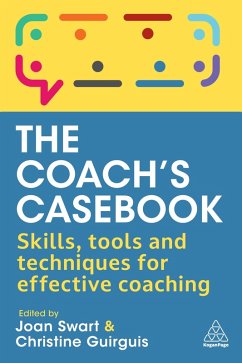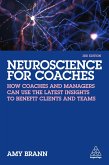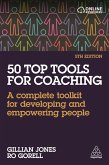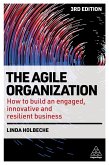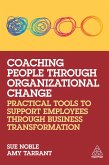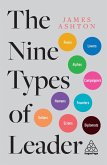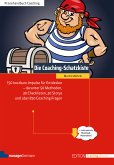What skills do I need to craft clear and effective coaching questions? How do I set goals for my clients? What do I need to be aware of when coaching with different personalities and facing mental health conditions?
The Coach's Casebook answers these questions and provides coaches with a thorough grounding in the knowledge, competencies, tools and techniques they need to coach employees to reach their full potential. This book also explains how these coaching tools and techniques apply in practice to boost personal development, performance and wellbeing.
There is extensive coverage of how to apply coaching interventions to manage work-life balance and prevent burnout at work and at home, and how to combine coaching and mindfulness as well as how to encourage clients to develop a growth mindset and reframe imposter syndrome. Specific guidance on active listening, coaching high-performers and those with high-potential, leadership coaching, coaching minorities and underrepresented groups and how to coach challenging personalities is also given. This practical guide, is supported by case studies and scenarios throughout taking from real-life coaching, is for those new to coaching and those in the intermediate stages of their career. The Coach's Casebook contains everything needed to allow clients to flourish.
The Coach's Casebook answers these questions and provides coaches with a thorough grounding in the knowledge, competencies, tools and techniques they need to coach employees to reach their full potential. This book also explains how these coaching tools and techniques apply in practice to boost personal development, performance and wellbeing.
There is extensive coverage of how to apply coaching interventions to manage work-life balance and prevent burnout at work and at home, and how to combine coaching and mindfulness as well as how to encourage clients to develop a growth mindset and reframe imposter syndrome. Specific guidance on active listening, coaching high-performers and those with high-potential, leadership coaching, coaching minorities and underrepresented groups and how to coach challenging personalities is also given. This practical guide, is supported by case studies and scenarios throughout taking from real-life coaching, is for those new to coaching and those in the intermediate stages of their career. The Coach's Casebook contains everything needed to allow clients to flourish.

